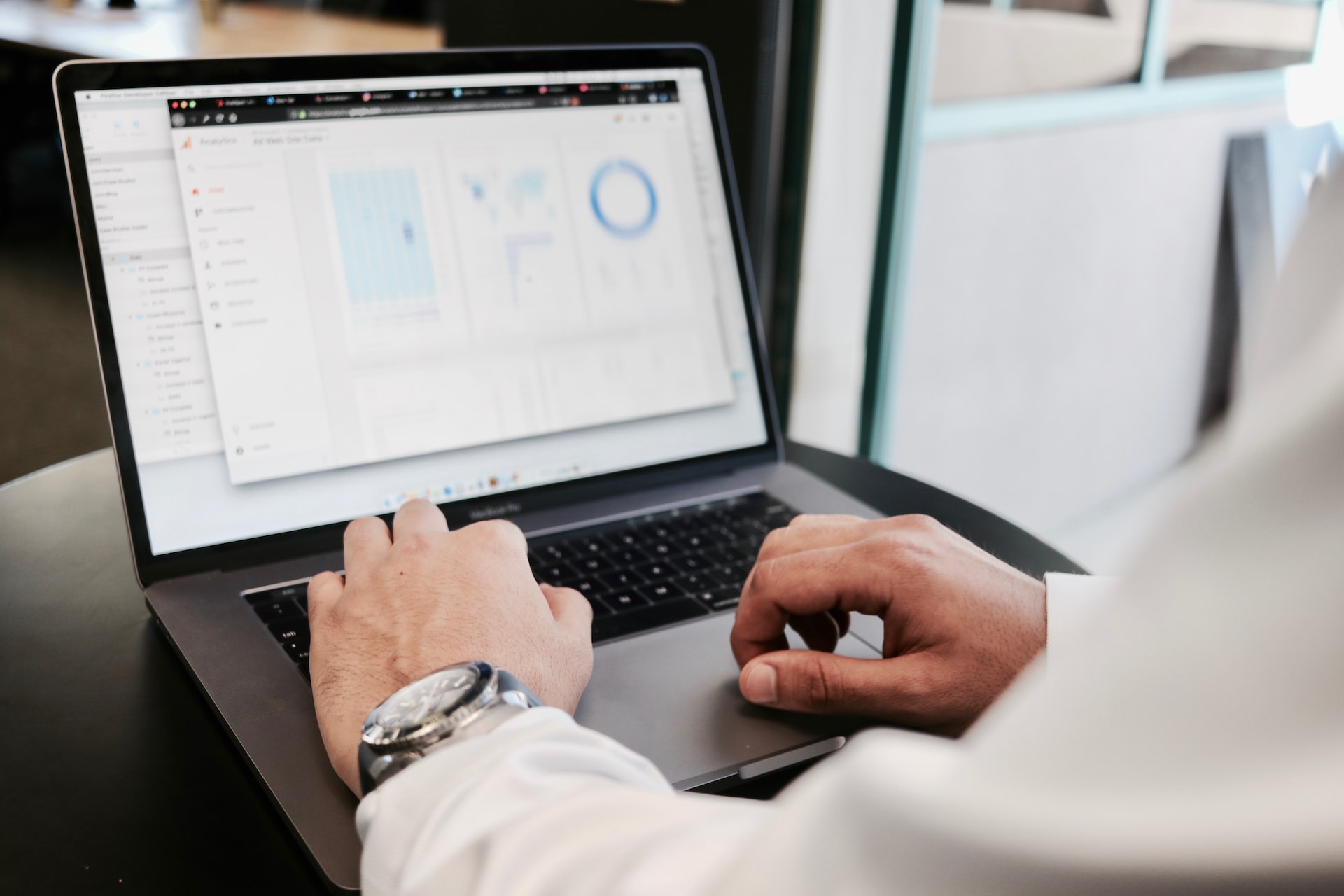How to Become a Data Scientist Without a Degree?
Posted on

As the tech industry continues to boom, there are many exciting jobs with lucrative salaries in the field—it’s not surprising that many people are seeking new careers and roles, like data scientists.
And while some are transitioning into these roles with a previous background in data analytics or a relevant college degree, many are starting from scratch by enrolling in coding bootcamps and training programs. These programs help build up the necessary skills to become a data scientist while preparing you for job interviews and a new career.
Whether you’re just joining the workforce or you want to make a career change, there are numerous paths you can take to become a data scientist without a degree.
Related: Start Your Data Science Career
We’ll discuss the skills you need, how to get them, and more.
Want to get a jumpstart on your data scientist career? Reach out to our coding bootcamp mentors today.
What Do Data Scientists Do?
The job description of a data scientist is quite expansive. In the simplest terms, a data scientist uses programming and mathematics to collect and clean data before explaining it. Their primary role involves adjusting mathematical and statistical models applied to that data.
Basically, data scientists make data discoveries.
And in a world where more and more data is floating around than ever, data scientists are highly sought after by the biggest global corporations, making it an easy choice for many looking for a career change.
Are Data Scientists Different From Data Analysts?
It’s easy to get the two professions mixed up, and while they have similarities in their work, there are some significant differences between their roles.
Data analysts are like the overseer of a business’s data; they help other team members understand it, and they use that data to make strategic decisions.
On the other hand, data scientists use the data by sorting through it to find trends and weaknesses to create predictive models. Data scientists typically have more technical skills than data analysts.
How Do I Become a Data Scientist Without a Degree?

While there’s no single path to becoming a data scientist without college, we’ll explore what you can do to learn the necessary skills and prepare to jump into the industry.
Work On Your Data Science Skills
Data scientists need many skills, and they can be challenging to learn without getting a degree. However, it is possible with the right help.
You’ll need to work on skills like:
- Calculus. Luckily, the most important thing is to understand the principles of calculus; you need to know how derivatives work, but you won’t need to calculate them.
- Linear algebra. You’ll need to know how to solve for variables when coding and performing other tasks.
- Statistics and probability. This domain is arguably the most important for a data scientist. Throughout your career, you’ll continue learning about these topics through trial and error.
Related: Become a Web Developer
You’ll also need a firm grasp of programming languages and tools, including:
- R: A programming language created for statistical computing and graphical tasks
- Python: A programming language used to repeat tasks and manipulate data
- SQL: A heavily relied-on programming language to extract data for managing data in database management systems
- Hadoop: A suite of tools used to manage data and execute programs in a cluster
- Spark: A system used to write parallel programs that run in a cluster
Finally, you’ll need various other skills like:
- Machine learning. Data scientists use machine learning strategies to make predictions and decisions based on their data.
- A/B testing. You don’t need to master A/B testing, but you do need to understand it to interpret better the data you collect.
- Linear regression. Another concept you should at least be familiar with is linear regression—a technique used to see how data points compare and monitor how trends change.
Work On Some Practice Projects
If you’re confident in the skills listed above, it’s time to start working on your own projects. For example, you could jump into competitions hosted by TopCoder and Kaggle to apply and showcase your skills. Those competitions do three things for you:
- You get valuable experience with data science.
- You get a chance to be noticed.
- You get to collaborate with top data scientists.
Build a Strong Portfolio
Your CV shows hiring managers what you can say, but your portfolio shows them what you can do. If you don’t have relevant work experience in the data science field, you can still create a portfolio that will help you land jobs. Here’s how:
- Consider finding an internship. Many startups and smaller companies will take on data scientists as interns for shorter-term projects. They can be an excellent way to get work for your portfolio!
- Work on personal projects. You don’t have to get paid for work to include it in your portfolio—create your own dashboards with publicly available datasets, identify interesting trends, and build your own case studies.
- Help out other businesses. NGOs, small businesses, and even some government departments could use your help as a budding data scientist. If you know any business owners, you could also try to build dashboards for them using their business data.
Hone Your Interview Skills

Getting hired as a data scientist requires a solid portfolio, CV, cover letter, and references, but there’s something even more important—how well you interview. Organizations use interviews to determine your qualifications and how well you would fit into their dev team.
You can expect data scientist interviews to involve writing algorithms, demonstrating your SQL knowledge, and questions about your motives and values.
And many of these interview questions are challenging, making practice essential—that’s where attending a coding bootcamp can help; their mentors and instructors can help prepare you for interviews and answer your questions.
How do you gain data science skills, get practice for interviews, and build your portfolio before getting a job in the industry? With a coding bootcamp—check our available slots here.
Participate In a Data Science Bootcamp
Unlike teaching yourself, enrolling in a coding bootcamp focused on data science ensures you learn the right skills needed in today’s data science field. The best bootcamps, like TECH I.S., teach you more than the skills you need—they help you prepare for a transition into the career.
Coding bootcamps are great for getting hands-on experience, and getting focused on your new career, and as a bonus, hiring managers highly prefer bootcamp graduates compared to self-taught data scientists.
Related: Learn About Coding Bootcamp






